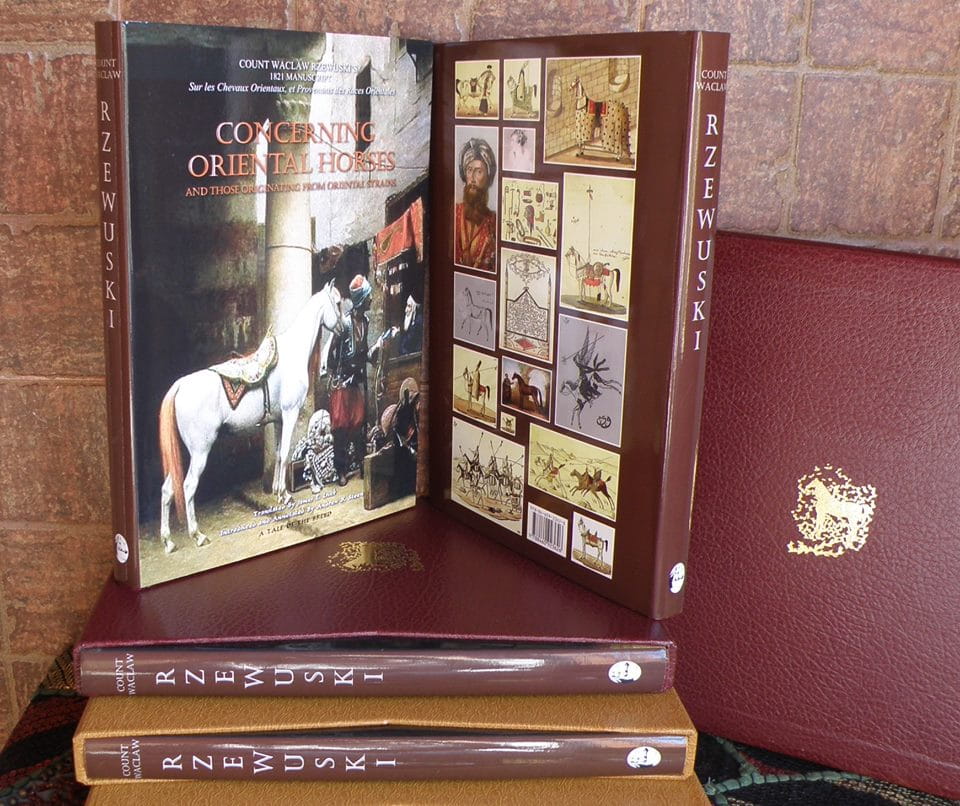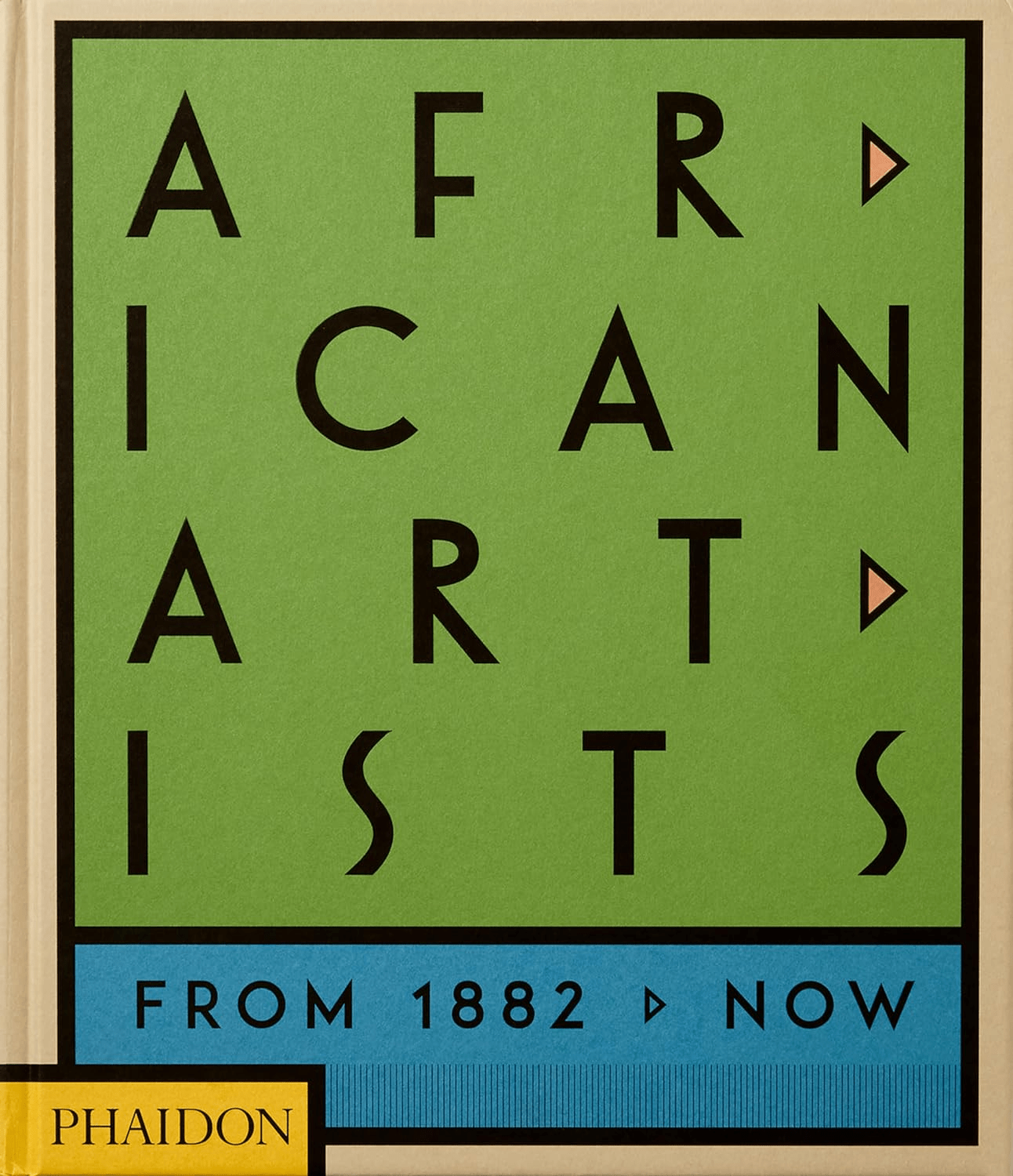
Count Waclaw Rzewuski's Concerning Oriental Horses and Those Originating from Oriental Strains
Jane Waldron Grutz
James E Luck, trans.; Andrew K. Steen, intro.
2015, Tale of the Breed Books, 078-8-46092-362-6, £125 hb.
In 1817 Count Waclaw Rzewuski left Poland to journey to the Najd, the great central plateau of Arabia where the famed nejdi koheilans (high-caste Arabian horses) were bred and raised by the Bedouin, but almost never sold to a Westerner. Rzewuski was no ordinary Westerner, however. One of the wealthiest and most colorful Europeans ever to arrive in the region, he lived and rode with the local tribes from which he purchased a number of purebred Arabians. In 1820 Rzewuski returned to Poland where he founded one of the first Arabian stud farms in Europe and completed his memoirs. Andrew Steen has collaborated with translator James Luck to publish much of Rzewuski’s manuscript and combine it with the story of this remarkable man’s life. Illustrated with Rzewuski’s own sketches, this beautifully bound volume goes far to explain how the count’s appreciation of the Arabian horse led to a life of adventure and to his admiration for the Bedouin, who shared their deep love of the nejdi koheilan with the golden-haired aristocrat they knew as Abu Asad, Father of the Lion.
You may also be interested in...

Asma Khan’s Monsoon Cookbook Reclaims Taste of Home—Our Book Review
Known for her all-female kitchen at London’s Darjeeling Express, Asma Khan transforms her new cookbook into a memoir, steeped in nostalgia.
A Century of African Art, in 300 Voices, All in One Book
From Cairo to Khartoum to Casablanca, this volume traces how African artists have shaped—and reshaped—modern art over the past century.